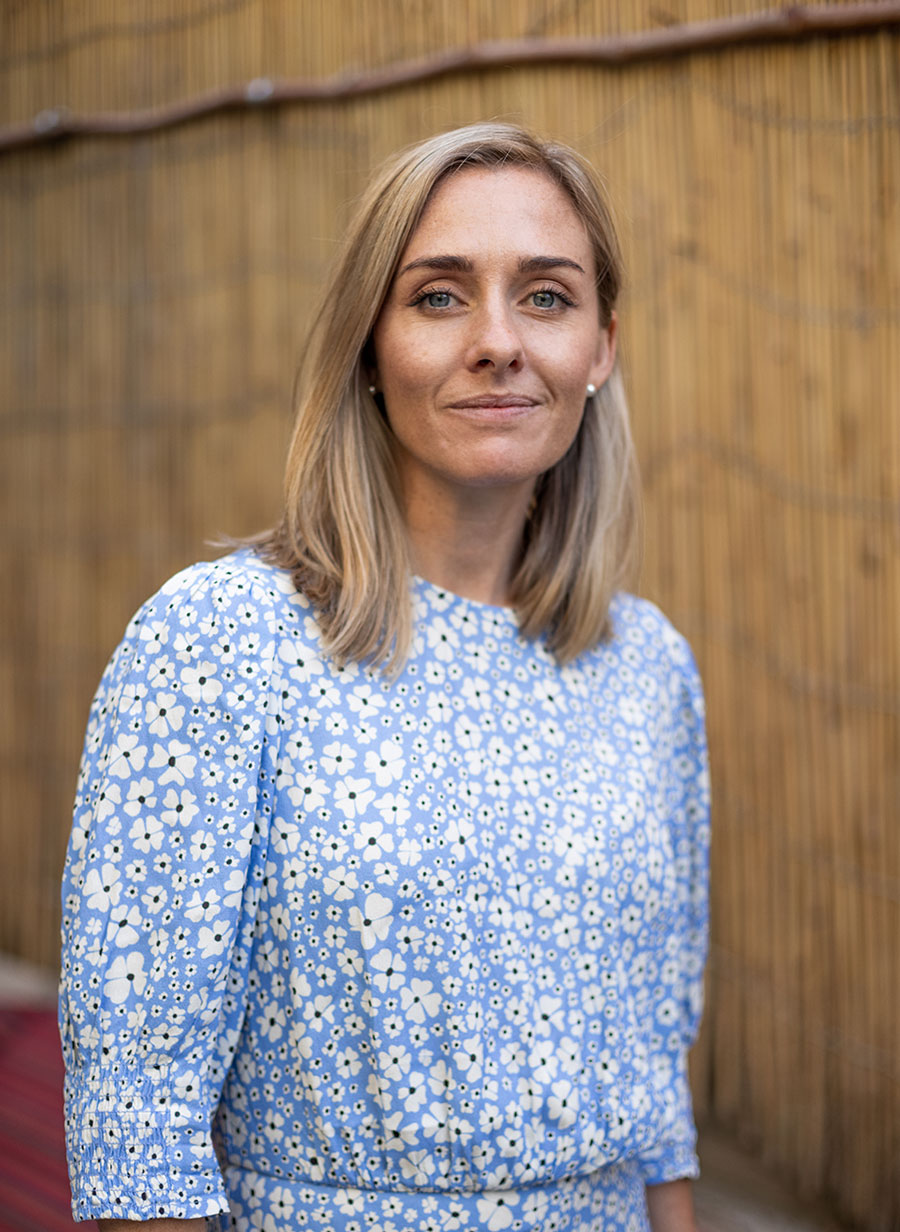

The cost of giving birth: Aotearoa v Europe
26th June 2025
Legislation is moving through Parliament to extend inpatient post-natal care from 48 to 72 hours. Charlotte Bellis runs the numbers and compares having a baby in Aotearoa New Zealand vs Europe.
By Charlotte Bellis
I walked out of the hospital on a February morning with the temperatures hovering around freezing. My tiny son dressed in layer upon layer, covered in blankets, we proudly navigated our way through hospital wards to the carpark.
August was three days old and we were headed home – home now being Antwerp, Belgium.
Almost three years prior, we’d had our daughter Rita in Christchurch Women’s Hospital. Also wrapped in layer upon layer on an icy May morning, we made our way through hospital wards and down a lift towards the carpark. Rita was eight hours old and we were on our way to a community maternity unit 40 minutes away. There were too few hospital beds, so we were told to move on.
There’s a Bill moving through New Zealand Parliament that would increase postnatal inpatient stays from 48 to 72 hours. That would bring it in line with a European experience of up to three days, should you want it. But let’s talk about context, because nothing comes for free.
In Belgium (and the majority of Europe) you must have health insurance. It is regulated at roughly NZD$240 a year per adult. Hospital insurance is an optional extra $600 a year. Everyone also has to pay $120 annually for people who can’t afford health insurance. Noting those numbers differ slightly between providers, but only slightly.
For pre and post-natal care that covered the following:
- The birth itself + three days post-care in a single hospital room ($200)
- A gynecologist check-up on average every month of pregnancy ($30 per visit)
Up to 20 free midwife consultations before and after birth - Co-pay for GP visits ($6)
- 105 complimentary hours with a cleaner (and subsidised at $15 per hour indefinitely)
- A subsidised ($8 an hour) home carer for babysitting, cooking, running errands and cleaning for the first three months after birth
- 10 post-natal physio sessions ($20 per visit)
I think most Kiwis would agree that’s a lot of low cost, specialist care and wrap-around support.
Let’s compare New Zealand. After a much-publicised battle to come home to have our daughter in 2022 we were very grateful to give birth in New Zealand. Through the public system, we had midwife visits and a hospital birth and then 48 hours in a community maternity unit. The critical difference was the time spent in hospital – three days in Europe vs eight hours in Christchurch Women’s. I’d had an epidural so was wheeled to the car, but there was no choice. The birthing ward was at full capacity – groaning women continued to shuffle through the doors, others weighed down with overnight bags ahead of their scheduled inductions or cesareans. Those with healthy, albeit hours-old babies were politely instructed to move on. I remember the midwives literally running from room to room, triaging the needs of those in labour, babies and their (anxious) newly minted parents.
Christchurch Women’s labor ward (at least in 2022) was at breaking point. However, the community maternity unit operated in much the same way as we had experienced in Belgium. We learnt how to breastfeed, change a nappy, swaddling etc. There were plenty of midwives and all our questions were answered.
The question that is yet to be answered in this ‘3 Day Postnatal Stay’ Bill is how it rolls out in reality? The premise is to guarantee three days of inpatient care (hospital or community maternity unit), if the mother wants it, and to ensure she is told of her right to take that time. Undeniably helpful if you don’t feel ready to go home. But the real bottleneck lies within the hospitals. Pushing legless women in wheelchairs to their cars with hours-old babies is less than ideal. The community maternity units offer a very similar service and function to a labor ward, but physically getting there is a literal pain point. Would this Bill allow women to stay in hospitals longer to avoid that? And if so, how could Christchurch Women’s Hospital accommodate a new mother and her baby for 72 hours when they couldn’t accommodate us for 10? Perhaps the answer is that the government encourages more women to give birth outside of hospitals in midwife-driven community units. Problem – New Zealand has a 40 percent shortfall of practising midwives. No matter how you cut it there’s significant resourcing issues that can only be solved with more tax dollars.
Tax-funded health care systems around the world are straining under increasing costs. Google ‘state of British NHS’ and you’ll get the terms – dire, critical, inadequate, even ‘locked in a death spiral’. Reviews of our healthcare system are not much better. The wait times, staff shortages and general lack of funding are constantly critiqued. And we’re spending more than ever. In 1995 health expenditure was 13 percent of the budget, now it’s 20 percent.
It’s wonderful to see politicians prioritise a baby’s start to life, but how do we pay for it? It’s a heart-warming band aid in a hemorrhaging sector. Is it not time to have constructive conversations about the sustainability of the health sector as a whole, so we can make sure the next generation is welcoming their children into New Zealand with world-class health care that we all can afford?
Charlotte Bellis is a New Zealand journalist based in Europe.
